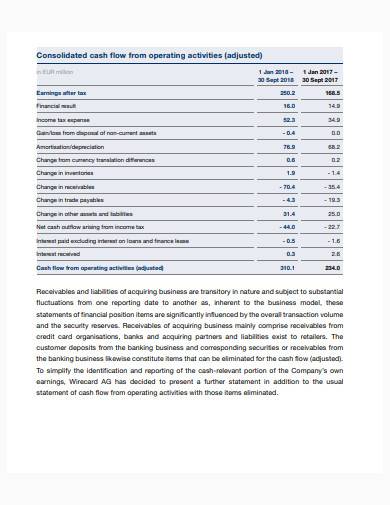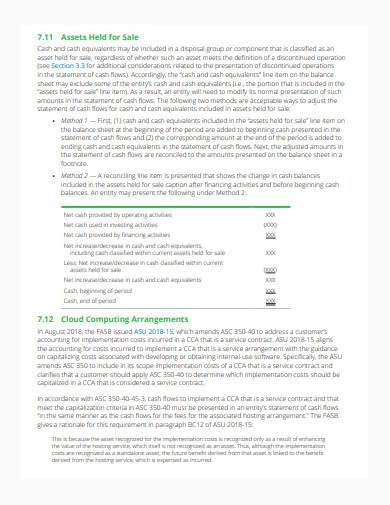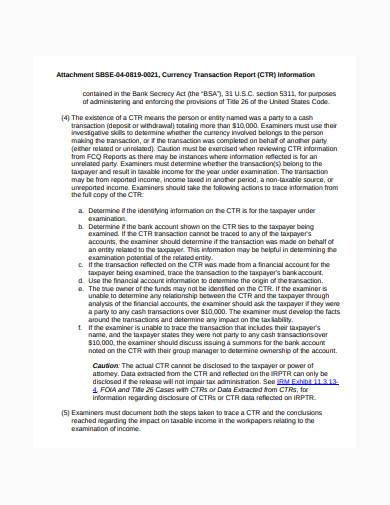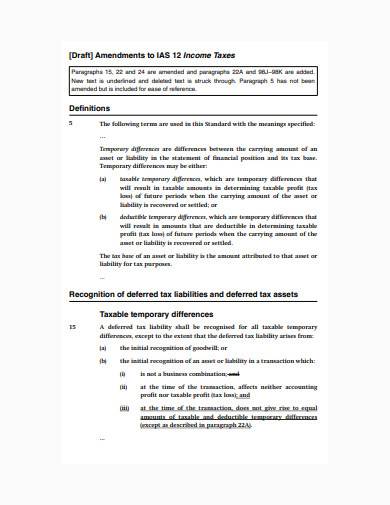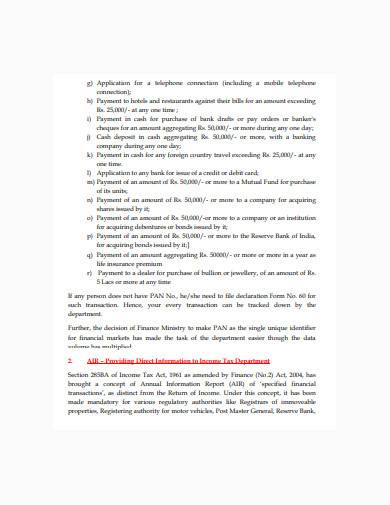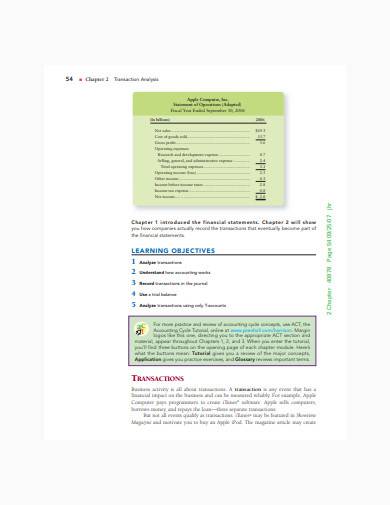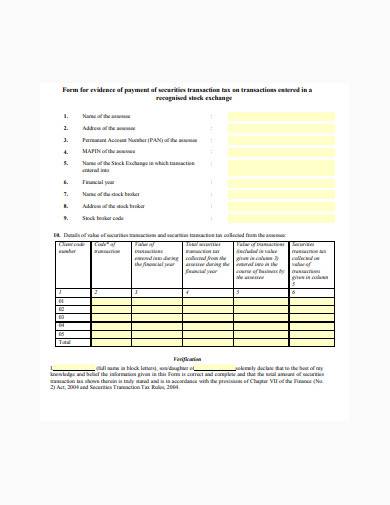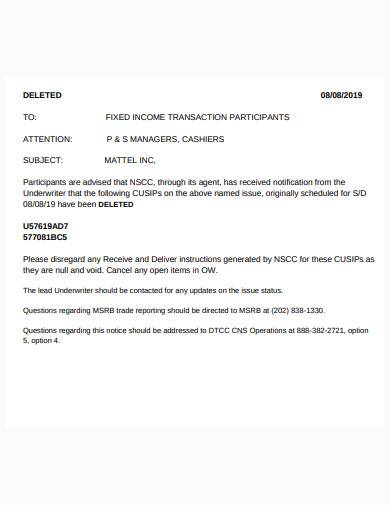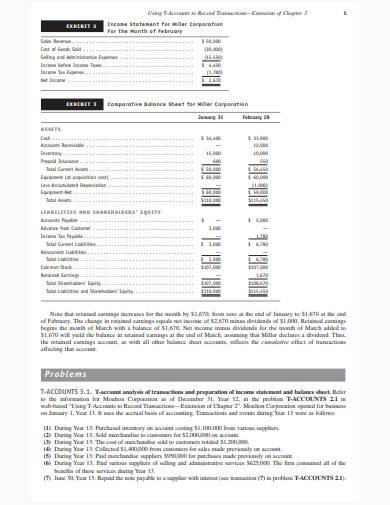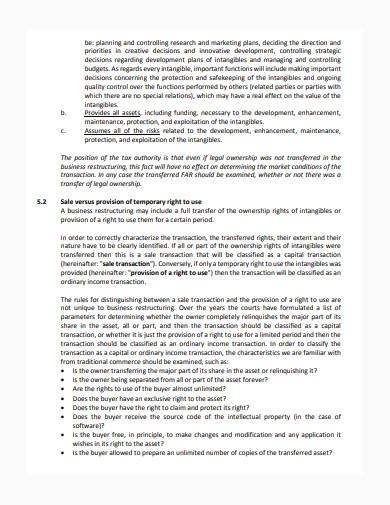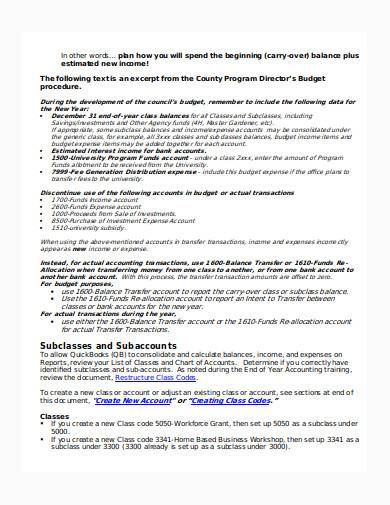Generating revenue does not rely on the nature of the business. Because no matter what a business offers, its main goal is to make money out of their operations that establish, market, and sell services or products. It indeed takes time for a business to acquire income. However, there is a way to accumulate profit without investing too much monetary amount. Even though a business can earn through several sources, spending cash or credits in exchange for goods, services, or assets remains the simplest way. If a business is patient with every transaction it makes, all of its hard work will pay off at the end of the day.
10+ Income Transaction Samples in PDF | MS Word
1. Income Transaction Sample
2. Income Transaction Template
3. Income Transaction Example
4. Income Transaction in PDF
5. Formal Income Transaction Sample
6. Income Transaction Analysis Template
7. Basic Income Transaction Sample
8. Fixed Income Transaction Template
9. General Income Transaction in PDF
10. Sample Income Transaction Template
11. Income Transaction in DOC
What Is an Income Transaction?
A common trade scenario involves exchanging goods by a business to a consumer. Also, that is when a business transaction happens, which generates income to add up in the business’s monetary resources. An income transaction or transaction revenue, in business accounting, is the money that goes into the account of a company as it spends cash or credits for goods, services, or assets. Yet, a business can affect earnings without a transaction, such as revenue from earned interest or a lawsuit award.
There are two types of income transactions that have a direct impact on capital gains. These are the non-operating and operating revenue. Each type has varied characterizations, which means it necessarily affects a business in different ways.
Non-operating Revenue. This portion of income comes from the gains or losses of sources that do not have a direct relation to business operations. The non-operating revenue comes from several sources, such as distributed income, profits from investments, revenue from foreign exchange, and other assets in the accounting journal.
Operating Revenue. A business can acquire operating revenue from primary business operations. For example, the supermarket gains revenue from purchased merchandise or goods, and a handyman derives income from the plumbing services he offers.
How to Record Income Transactions Effectively
Auditing business finances will be more manageable if every transaction has orderly records on the general ledger. For bookkeeping, having a record of every business transaction will help in the accounting of finances. These records will be of good help if a business decides to use a template or software in manipulating accounting data. However, to those who have no experience in recording income transactions using a computer, we made a list of tips that will help you begin. These tips are not only helpful for beginners but also for other accounting staff.
1. Know Where the Income Is From
Keeping an eye on a business’s finances could be a challenging job. It would also take a lot of work in collecting, allocating, and balancing profits. One way to go around this is knowing which channel the income comes from. With this, you can track the source of your revenue. If a business does not know which channel the revenue flows, or if a business has uncategorized income, it is more likely will become unaware of its impact. Moreover, having access to the source of your income gives the business a hold to every business transaction. So, in recording transaction income on a balance sheet, acknowledge the source beforehand.
2. Monitor the Cash Flow
Business is a capital-driven industry, which means money is part of every business operation. Whether it is sales or manufacturing, undeniably, money will keep everything at work. Knowing that, a business has to know where the monetary resources come from. Without profit it is impossible to keep business operations going. So, before engaging with more financial transactions, make sure that the cash flow is clear, and that there are no barriers to receiving the revenue.
3. Pay Attention to the Finances
Knowing that money is easy to spend, but difficult to earn, a business would have a reason to be meticulous about expenditures. A backlash is possible if business cash out assets unwittingly. And it would not be good for transaction income. So, before spending too much, make sure it does not take a toll on the business’s income. However, even though investments take away the majority of the income, it is still substantial for the future of the business. This means it will create a positive impact on the accounts.
To identify if the income is enough for the spending, subtract the total expenditures to the revenue. It should not end up with zero or a negative amount. If that is the case, your finances are not balanced. That is when you need to cut costs so that it will not credit on the business account. Moreover, be considerate of other money allocations. In order to have a good record of the transaction income, a business needs to be keen on every detail, especially when it includes expenses.
4. Do Your Part
The success of a business can be measured through its financial status. If it is gaining enough revenue to support operations, then it can keep the money rolling. Most businesses have ways of keeping their finances afloat. But the most effective way towards this is hiring a competent accountant. Having someone to oversee the finances will give the business an edge towards its direct competitors. An accountant will be in-charge of looking after whether the transaction income is enough to assist operations or not. Also, there are no other professionals a business can entrust transaction income other than an accountant. So, if you want a comprehensive report of the transaction income, tap an account that is an expert to business and finance.
FAQs
What does transaction mean in banking?
In banking, the transaction means the set of methods and services that a bank uses to support the finances of their counter exchange of trade, cash, or commercial paper. More so, the analysis of transaction banking keeps them close to their clients so they would not be taken over by other banks.
What is transaction money?
Transaction money is communication between a buyer and a seller. This financial instrument also serves as an agreement to exchange cash for payment. Other than that, it involves a difference in the state of finances of businesses or individuals.
What are the two types of transactions?
In accounting, the main types of transactions are debit and credit. However, different sections vary in objectives, which are payments, receipts, sales, purchase, assets, liability, loss, and profit.
Acquiring profit would sometimes take a toll on a business. But that is what a business is all about—taking risks and making the best of it. A passive business would not gamble its capital, and then it has no room for success. Thus, a business has to hurdle every barrier to generate more net income. Whichever angle you look at, the business industry will always be about revenues.
Related Posts
Weekly Schedule Samples & Templates
Contractual Agreement Samples & Templates
FREE 9+ Amazing Sample Church Bulletin Templates in PSD | PDF
Sample Business Card Templates
Sample Cashier Job Descriptions
Questionnaire Samples
FREE 10+ Sample HR Resource Templates in PDF
FREE 10+ HR Consulting Business Plan Samples in MS Word | Google Docs | Pages | PDF
FREE 49+ Sample Job Descriptions in PDF | MS Word
FREE 16+ Nonprofit Budget Samples in PDF | MS Word | Excel | Google Docs | Google Sheets | Numbers | Pages
FREE 13+ Academic Calendar Templates in Google Docs | MS Word | Pages | PDF
FREE 10+ How to Create an Executive Summary Samples in Google Docs | MS Word | Pages | PDF
FREE 23+ Sample Event Calendar Templates in PDF | MS Word | Google Docs | Apple Pages
Company Profile Samples
FREE 10+ Leadership Report Samples [ Development, Training, Camp ]

